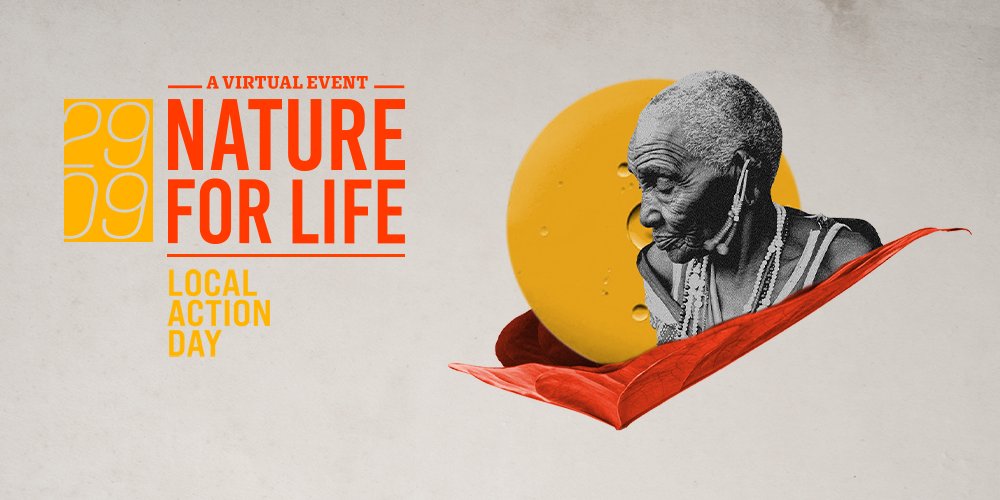THREAD: Important meeting today in Berlin on #OnePlanetOneHealth.
Major takeaway: human, animal, plant and environmental health and well-being are all intrinsically connected and profoundly influenced by human activities.🌏#onehealth (1/4)
Major takeaway: human, animal, plant and environmental health and well-being are all intrinsically connected and profoundly influenced by human activities.🌏#onehealth (1/4)

@WCSNewsroom @JoeWalston_WCS @sslieberman @CristianSamper @WCSBrussels Ultimately, we must work together across disciplines and sectors.
No one area holds enough knowledge & resources to single-handedly prevent the emergence or resurgence of diseases while maintaining and improving the health of all species. (2/4)
No one area holds enough knowledge & resources to single-handedly prevent the emergence or resurgence of diseases while maintaining and improving the health of all species. (2/4)

We must apply adaptive, forward reasoning and multidisciplinary solutions.
Also boldly integrate current uncertainties to address the opportunities and challenges ahead. (3/4)
Also boldly integrate current uncertainties to address the opportunities and challenges ahead. (3/4)

Human & animal health and well-being depend on the success or failure of humanity’s environmental stewardship.
Biodiversity conservation, specifically intact ecosystems, are critical foundations, said WCS’s @CristianSamper. #forestsforlife #onehealth (4/4)
Biodiversity conservation, specifically intact ecosystems, are critical foundations, said WCS’s @CristianSamper. #forestsforlife #onehealth (4/4)

• • •
Missing some Tweet in this thread? You can try to
force a refresh
















